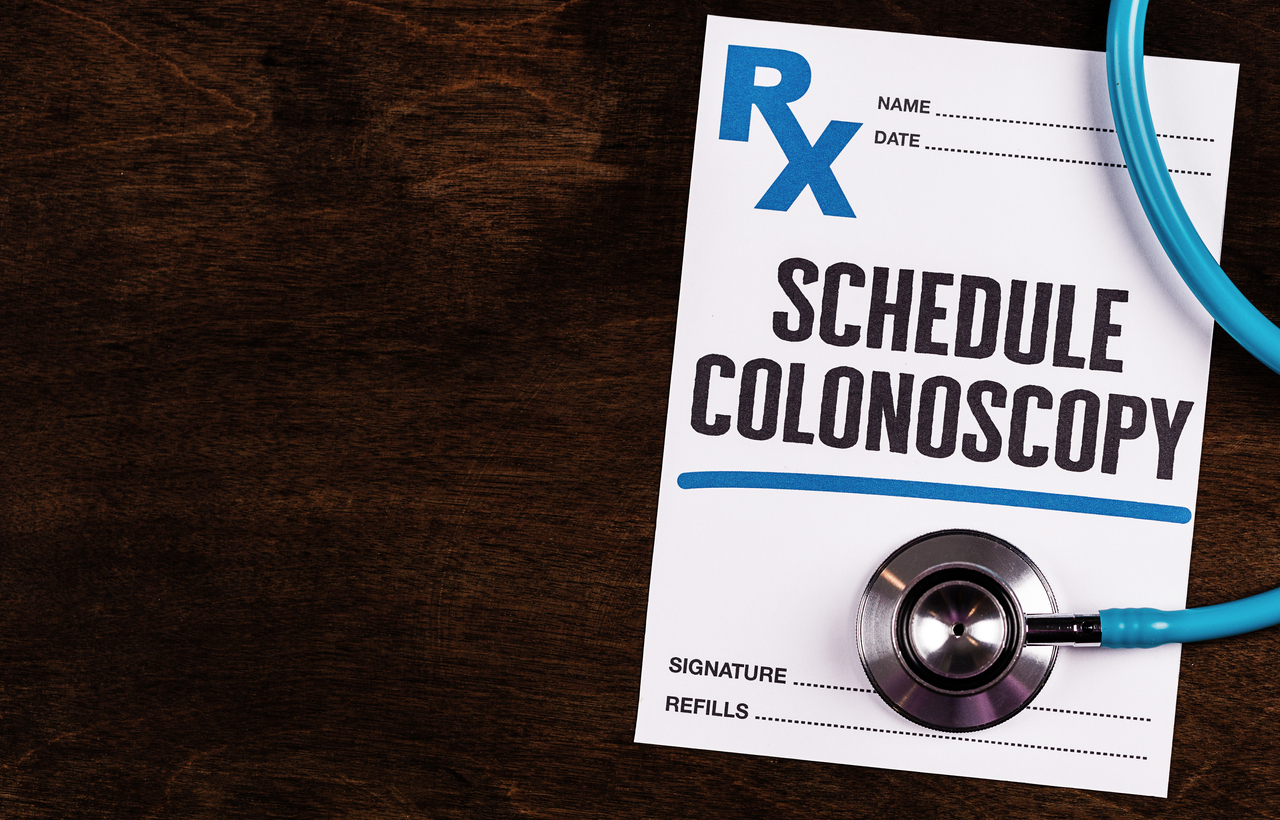Colorectal Cancer Awareness
Colorectal cancer — also known as colon cancer — is the third most common cause of cancer-related death in both men and women in the United States. According to the Centers for Disease Control (CDC), about 140,000 people across the country are diagnosed with colorectal cancer every year.
The colon and rectum are parts of the body's digestive system. The digestive system removes and processes nutrients from foods and helps pass waste material out of the body. The digestive system comprises the mouth, throat, esophagus, stomach, and small and large intestines. The colon (large bowel) is the first part of the large intestine and is about 3-5 feet long. Together, the rectum and anal canal make up the last part of the large intestine and are 6-8 inches long. The anal canal ends at the anus (the large intestine’s opening to the outside of the body).
More than one‐half of all cases and deaths are potentially preventable and may attribute to modifiable risk factors, such as smoking, an unhealthy diet, high alcohol consumption, physical inactivity, or excess body weight.
Though colorectal cancer can affect anyone, more than 90 percent of people who develop the disease are at least 50 years old. Many people experience no symptoms in the early stages.
Signs can include a persistent change in bowel habits, blood in the stool, constant bloating, unexplained weight loss, and incomplete emptying of the bowels. Contact your physician to see if you should have a screening if you experience any of these symptoms.
Screening for colon cancer
Colorectal cancer screening tests look for cancer in people without symptoms. Screening should begin at 45-50 years old and continue to 75 years of age. People with a strong family history of colorectal cancer should start screening as early as age 40. Screening can help find and remove precancerous growths or early-stage cancers. Your physician will make personalized recommendations on when you should get colorectal cancer screenings based on factors:
- family history of colorectal cancer
- personal medical history
- prior screening history
- personal preferences
- life expectancy
Why get screened?
Colorectal cancer is a silent disease early on. Extensive studies concluded that a routine colonoscopy with the removal of polyps might reduce the incidence of colorectal cancer by about 75%.
In addition to finding and removing polyps, screening can detect asymptomatic cancers resulting in higher cure rates. Up to 90% of cancers caught early are curable. Estimates suggest that over 50% of this reduction is due to increased screening efforts. Getting screening may eliminate the need for any treatment, and colonoscopies can help mitigate the risks of developing colorectal cancer.
There are treatments available to help control colon cancer, such as surgery, drug treatment, or radiation therapy but early detection leads to better cure rates and results.
Screening for colorectal cancer includes a standard colonoscopy, stool DNA testing, and a virtual colonoscopy.
The standard colonoscopy— According to The National Cancer Institute, colonoscopies can remove abnormal growths, reducing the death risk from colorectal cancer by 60 to 70 percent. Before the day of screening, patients must complete a colon cleanse. While in the office, patients receive light sedation for a quick and comfortable experience. The doctor uses a colonoscope to examine the entire colon and rectum.
Virtual Colonoscopy (CT colonography)—Uses X-ray equipment and computer technology to create a detailed image. Colon cleansing is required. If there are any findings, then a colonoscopy will be necessary.
Stool DNA test—The stool DNA test looks for precancerous polyps and colorectal cancer. Certain polyps and cancers are not detected, and 13% of the time leads to false positives. Discuss with your doctor if this may be an option for you.
Ultimately, a colonoscopy is the most accurate test for colorectal cancer, proven to detect the disease early and remove precancerous polyps at the same sitting. It’s essential to get a colonoscopy to catch precancerous lesions or prevent colon cancer and the need to undergo treatment.
Dr. Sandip Parikh is a board-certified general and colorectal surgeon with extensive experience treating gallbladder disease, hernias, benign and malignant diseases of the colon, rectum, and anus. He performs routine screenings, therapeutic colonoscopies and offers both nonoperative and surgical treatments for hemorrhoids and many other anorectal disorders.
Dr. Parikh has locations in North Massapequa, Bayside, New Hyde Park, Woodhaven, and Jamaica, Queens. To schedule your life-saving screening, please call (718) 732-4033.


